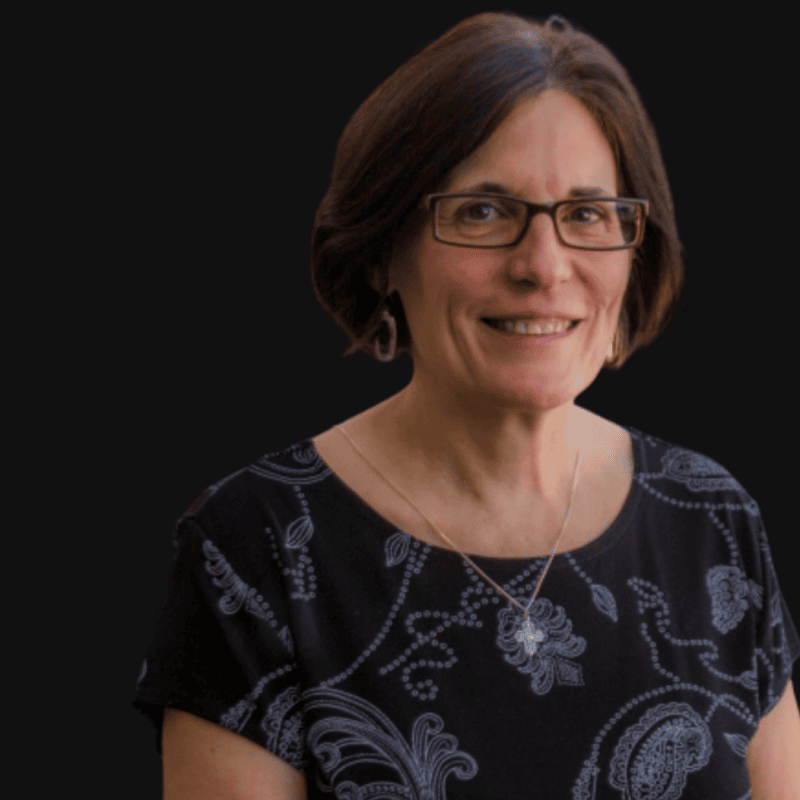Tuesdays, Jan 6 & 20, Feb 3 & 17, March 3 & 17
11:00 am - 12:30 pm | 1:00 pm - 2:30 pm
This series will take participants on a transformative journey -learning how to use music to maintain wellness and optimize their abilities throughout the aging process. All sessions will be experiential in order to support direct transfer into everyday life. Participants will leave each session with practical exercises and creative uses of music for both the home and the community. In addition to active engagement, each session will allow time for individual questions and homework-based discussion. Two weeks between sessions will provide participants with time to fully explore and integrate what they learn and experience in each session.
In order for participants to get the most out of this experience, this course is designed for participants to attend all six sessions. Therefore, signing up for this course means you are registered for all classes. Please consider this when before signing up, as seating is limited.
January 6: #1 Applied Neuroscience of Music: How Does Music Impact MY Brain?
In this interactive session, participants will learn the science behind music and how it can optimize wellness, support injury recovery, and invigorate the aging process. The content will prepare participants for moving forward on their musical journeys within the series. Participants will be encouraged to reflect on how they currently use music and how they would like to integrate music into their daily lives based on their individual goals in order to support their own creative aging.
January 20: #2: Thinking it Through: Using Music to Keep Your Brain Active and Flexible
This session will explore the use of music throughout the participant’s every day life to enhance memory and cognitive functions. Participants will create useful tools for their own easy access at home, in the grocery store and anywhere they’d like! They will begin the journey of creative music making in their everyday lives.
February 3: #3 Moving for Wellness
In this active session, participants will engage in a variety of exercises to optimize balance, flexibility, strength and movement. They will create their own exercises to enhance their daily movement patterns. (Participants are encouraged to wear clothing that will allow them to move freely without restriction.)
February 17: #4 Reaching New Heights Through Music Creation
In this session, participants be engaged in active music making/instrumental play that will not only allow them to be creative but will optimize upper and lower body strength and timing as well as assist with coordination of the senses (auditory, vision, tactile, proprioceptive) through instrumental play. Participants are encouraged to bring an instrument they have that they would like to more fully integrate into their creative aging process. Additionally, a variety of instruments will be available for their own creative exploration as they are guided to maximize the impact of instrumental play on their wellbeing.
March 3: #5 Listening, Playing What Works For Me?
This session will promote the integration of music into the participants’ own creative aging process. Participants will be guided to develop useful playlists and active uses of music to enhance their everyday lives, tap into old memories, and create new ones.
March 17: #6 Putting it All Together: My Own Creative Journey
This final session will support participants in completing their own individual wellness journey plan for how they will use practical music supports in the short and long term to enhance their personalized creative aging process. Additionally, participants will share in creative music making, and time will be provided for any final questions they may have in order to maximize their own results.
Getting Here
The Annex
7950 E. Thompson Peak Parkway
Scottsdale, AZ 85255
7950 East Thompson Peak Parkway
7950 East Thompson Peak Parkway, Scottsdale, AZ 85255, USA
Instructor

Suzanne Oliver
Suzanne Oliver is the founder and executive director of Neurologic Music Therapy Services Of Arizona – an NMT clinic based in Phoenix, AZ that has been serving the community there for over 40 years. Over the years, she has employed up to as many as 21 therapists at one time, and currently has 6 NMTs working in their clinical setting serving a variety of children and adults with neurologic impairments. Additionally, from 2007 thru 2019, NMTSA had a school for non-speaking students with autism, providing them with grade level curriculum and communication and behavioral support at a 1:1 level.
Suzanne is also the chair of the NMT Academy Advisory Council, and is Academy assistant faculty for the NMT International training institutes. She is considered one of the world’s leading clinicians in the field of NMT with developmental disabilities, and in particular Autism.
Throughout her career she has impacted the lives of countless clients, families, NMTs, interns, mentees and other allied health clinicians.